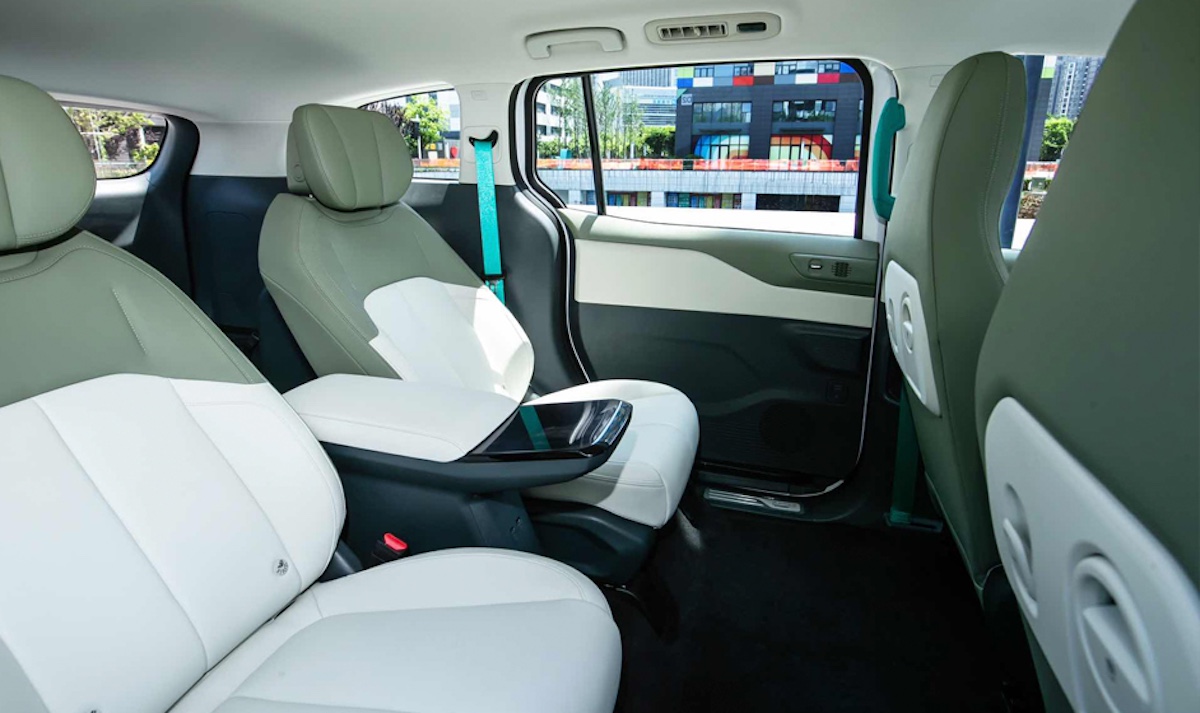Lyft’s successful entry into the European market hinges on a major acquisition previously reported by this outlet—its $200 million purchase of FreeNow. Originally a joint venture between BMW and Mercedes-Benz Group, FreeNow operates across nine European countries and more than 180 cities. This acquisition has allowed Lyft to rapidly gain operational capabilities and regulatory alignment on the ground, laying a solid foundation for its robotaxi deployment.

Jeremy Bird, Lyft’s Executive Vice President, emphasized that FreeNow has built long-standing and stable relationships with local regulators. He noted that this regulatory connectivity is a critical factor in determining whether Lyft can quickly roll out robotaxi services. Bird stressed that such local relationships will facilitate constructive dialogue with European governments and accelerate the path to legalization.

In terms of hardware, Baidu will supply its self-developed Apollo RT6 electric robotaxis. These vehicles are equipped with SAE Level 4 autonomous driving capabilities and have already been deployed in multiple Chinese cities. According to the division of responsibilities, Baidu will provide the autonomous vehicles and technical maintenance, while Lyft will manage the platform, fleet logistics, and customer service—forming a clear and complementary partnership structure.

The UK government has already announced plans to fast-track robotaxi legislation and road deployment, targeting the launch of paid passenger services by spring 2026. Lyft and Baidu have selected the UK and Germany as their first target markets, not only due to their economic scale and technological openness but also because of the progress in regulatory frameworks and market potential. This indicates a cautious yet forward-looking approach in their European expansion strategy.

However, the challenges of operating in Europe should not be underestimated. Regulatory standards vary significantly between countries, data privacy and sovereignty requirements are stringent, and geographic and traffic conditions are diverse. These factors pose considerable demands on the perception and decision-making capabilities of autonomous systems. How Lyft and Baidu manage localization, risk control, and regulatory communication will be key to the success or failure of their rollout.
This partnership is also seen as a direct response to Lyft’s global competitor Uber, which has long pursued an aggressive robotaxi strategy. Uber is already collaborating with several autonomous driving firms—including Waymo (under Alphabet), Pony.ai, WeRide, and Momenta—and also plans to launch services in Europe by 2026. Although Lyft has retreated from in-house autonomous vehicle development in recent years, this partnership with Baidu signals a renewed effort to strengthen its technological capabilities and global presence in the smart mobility race.

For Baidu, the partnership with Lyft represents a major breakthrough in the internationalization of its Apollo Go service. Currently operating over 1,000 robotaxis in 15 Chinese cities with more than 11 million completed rides, Apollo Go faces increasing competition and regulatory pressure at home. By partnering with Lyft to enter Europe, Baidu hopes to lower the barriers to overseas operations and mitigate risks through a mature platform.

Notably, this collaboration also reflects how Chinese tech companies are seeking strategic alliances to achieve international expansion in the face of geopolitical tensions and growing technical restrictions. For Baidu, working with a Western-certified platform like Lyft helps build brand trust and regulatory credibility, laying the groundwork for broader global deployment of its technologies.
In summary, the cross-border cooperation between Lyft and Baidu highlights a shift in the robotaxi market from pure R&D to full-scale commercialization and market competition. As Europe emerges as the next frontier for autonomous mobility, companies are racing to establish early regulatory advantage and win consumer acceptance—critical steps toward securing a dominant position in this fast-evolving sector.